Understand
Kurdistan Region, part of Iraq, offers a fascinating and vastly different experience compared to the middle and southern parts of the country. Shielded from the ravages of war in 2003, this region now serves as a gateway to Iraq, attracting substantial foreign investments and witnessing impressive development of infrastructure and tourism. As you engage with the local community, be aware of the deeply held nationalist sentiments that many Kurds cherish. It is also important to familiarize yourself with the Al-Anfal campaign and the horrific chemical attacks perpetrated against the Kurds by Saddam Hussein. Although this dark chapter in history unfolded over three decades ago, it continues to shape Kurdish identity. Take a moment to visit the Amna Suraka prison in Suleymaniyah, a poignant reminder of the trials endured by the Kurdish people. Kurds proudly identify themselves as part of Kurdistan and not solely as Iraqis, highlighting the ongoing debate surrounding the establishment of an independent Kurdish State. Embrace the opportunity to interact with the diverse inhabitants of Kurdistan, where a tapestry of religions and beliefs coexist harmoniously. From Muslims to Christians, Jews to Yazidis, and many more, the people of Iraqi Kurdistan embody warmth and friendliness, welcoming you to their remarkable corner of the world. Be prepared for exhilarating encounters and unforgettable experiences in this captivating region!
Get in
Welcome to Iraq! If you're a citizen of the EU, Australia, Brazil, Canada, Iceland, Japan, Kuwait, Lebanon, Monaco, New Zealand, Norway, Qatar, San Marino, South Korea, Switzerland, the UAE, or Vatican City, you're in luck. When you arrive, you'll automatically receive a 30-day entry stamp for a small fee of 100,000IQD (approximately 60EUR/68USD). All you have to do is step off the plane, head to the exchange money counter next to the visa counter, pay the fee in Iraqi dinar, and you'll get your "visa" on a separate sheet. No need to worry about being quizzed on your plans in Iraq, as long as you don't have any questionable military items in your bag. If you do, they'll unfortunately have to confiscate them, but you can retrieve them when you leave by using the provided ticket. For most other nationalities, a "Kurdistan Region" visa is required in advance. However, if you plan on staying longer than 10 days, you'll need to report to the Residency Office within 10 days of your arrival. Don't forget to bring some cash, around $30 USD, as well as be prepared for a compulsory blood test (although this requirement may have changed). The whole process may take a few hours, so patience is key. Keep an eye on your visa stamp, especially if you arrived by bus. Make sure it doesn't feature a car, or else you might run into difficulties when leaving the country, unless you're planning to depart by car. Border control is stricter for those who are not citizens of the US, UK, Canada, Australia, New Zealand, Turkey, or the EU. It's always helpful to have a contact in Kurdistan, so make sure to have their name and address handy. If you don't have a contact, be well-prepared with a detailed plan of your activities and accommodations. Citizens of the aforementioned states can breeze through these precautions, so no worries for you! For more information on travel to the Kurdistan region of Iraq, check out the fact sheet prepared by the KRG (Kurdistan Regional Government). [Fact Sheet (PDF)](http://krg.org/uploads/documents/Fact_Sheet_Travel_Kurdistan_Region__2010_05_16_h21m36s3.pdf)
Map & Climate
Popular Foods
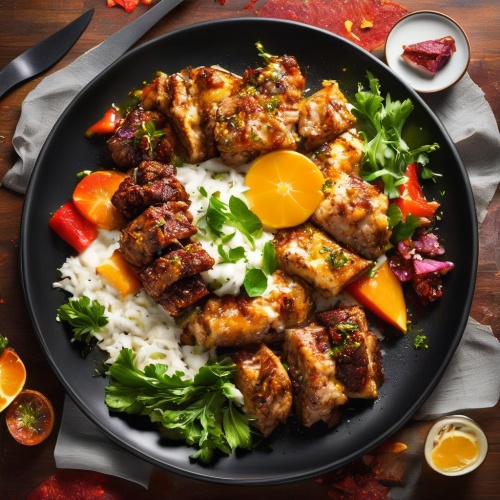 Dish 1: KebabKebab is a dish consisting of marinated pieces of meat, typically lamb or beef, grilled on a skewer. It is a staple in Iraqi cuisine and often served with rice, vegetables, and flatbread. The meat is seasoned with a blend of spices including cumin, turmeric, and paprika.
Dish 1: KebabKebab is a dish consisting of marinated pieces of meat, typically lamb or beef, grilled on a skewer. It is a staple in Iraqi cuisine and often served with rice, vegetables, and flatbread. The meat is seasoned with a blend of spices including cumin, turmeric, and paprika. Dish 2: MahmudiyaMahmudiya is a hearty stew made with chicken or lamb, red lentils, and a variety of spices such as coriander, cinnamon, and allspice. This comforting dish is often slow-cooked, allowing the flavors to meld together and create a rich, savory broth.
Dish 2: MahmudiyaMahmudiya is a hearty stew made with chicken or lamb, red lentils, and a variety of spices such as coriander, cinnamon, and allspice. This comforting dish is often slow-cooked, allowing the flavors to meld together and create a rich, savory broth.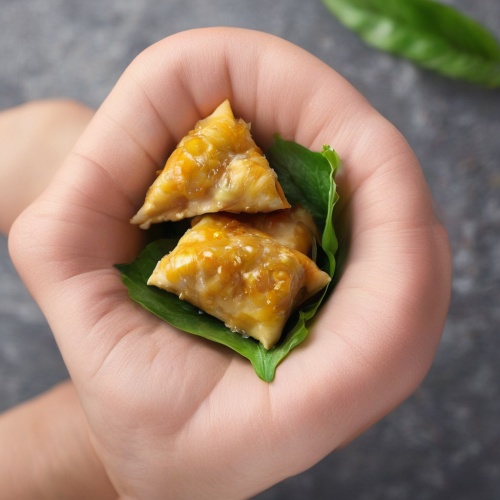 Dish 3: KubbaKubba is a traditional Iraqi dish made with crushed wheat, minced meat (usually lamb), and a mix of spices. It is often molded into round or oval shapes and then baked or fried. Kubba can be served as a main course or as a side dish, accompanied by various condiments such as yogurt, pickles, and chili paste.
Dish 3: KubbaKubba is a traditional Iraqi dish made with crushed wheat, minced meat (usually lamb), and a mix of spices. It is often molded into round or oval shapes and then baked or fried. Kubba can be served as a main course or as a side dish, accompanied by various condiments such as yogurt, pickles, and chili paste.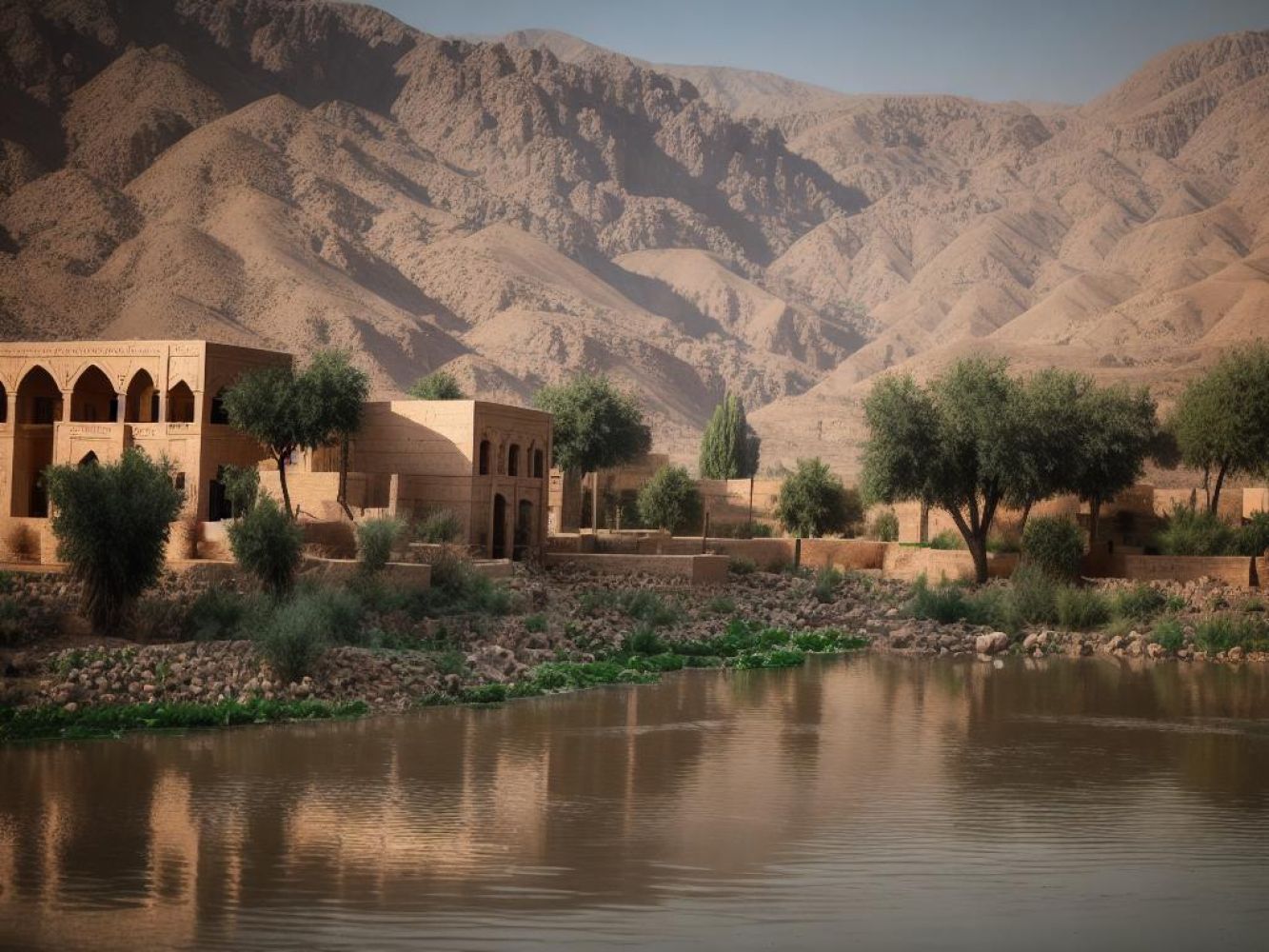
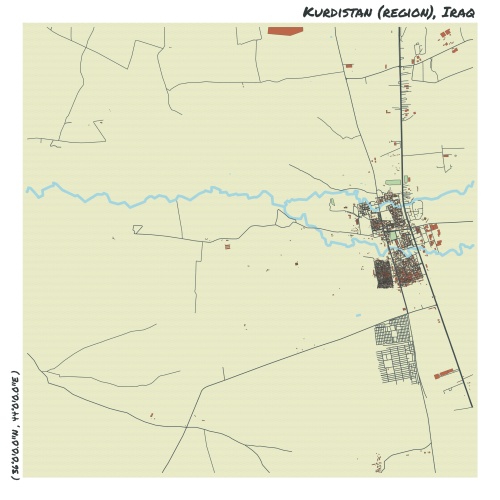
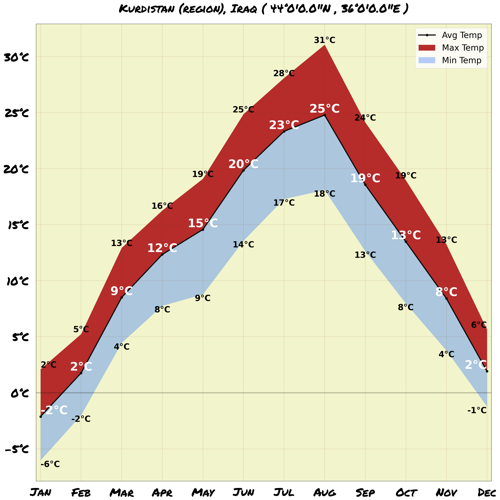

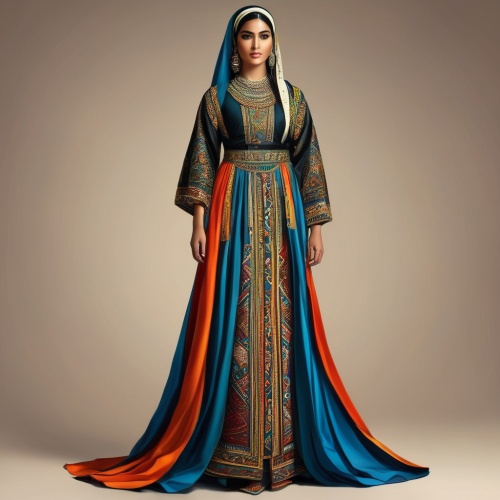
Comments
NO COMMENTS